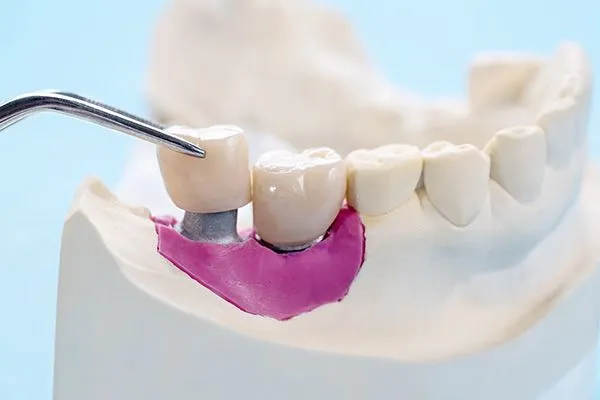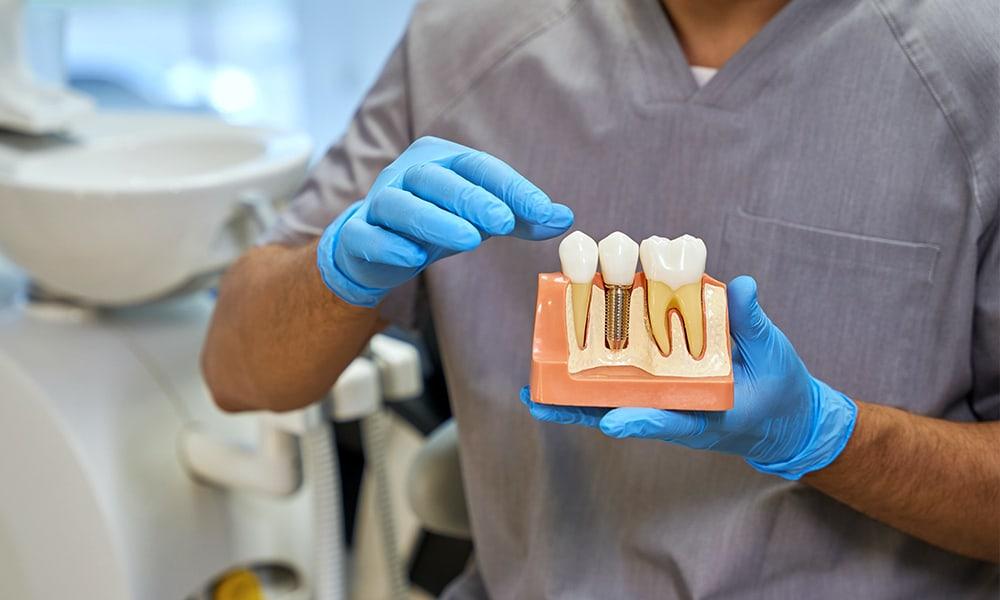health, appearance, and quality of life. However, like any surgical procedure, proper preparation is crucial to ensure success and minimize potential risks. Preparing for dental implants in Mitchell, SD, involves several steps, from initial consultations to post-surgery care.
Here’s a comprehensive guide on how to prepare for this life-changing procedure.
1. Initial Consultation and Evaluation
The first step in preparing for dental implant restoration is scheduling an initial consultation with your dentist or oral surgeon. During this visit, your dental professional will evaluate your oral health, review your medical history, and discuss your treatment options.
Key Points to Prepare:
- Medical History: Be ready to provide a detailed medical history, including any medications you are taking, allergies, and chronic conditions.
- Dental Examination: Expect a thorough dental examination, which may include X-rays or 3D imaging to assess the health of your jawbone and surrounding structures.
- Treatment Planning: Your dentist will discuss the treatment plan, including the number of implants needed, the type of implants, and the timeline for the procedure.
2. Pre-Surgical Health and Wellness
Your overall health plays a significant role in the success of dental implant surgery. Ensuring you are in good health can prevent complications and promote faster healing.
Health Tips:
- Maintain Good Oral Hygiene: Brush and floss regularly to keep your mouth as clean as possible before surgery.
- Healthy Diet: Eat a balanced diet rich in vitamins and minerals to support your immune system and healing process.
- Quit Smoking: If you smoke, it’s essential to quit at least a few weeks before and after surgery, as smoking can impair healing and increase the risk of implant failure.
- Manage Chronic Conditions: Ensure any chronic conditions, such as diabetes, are well-managed and under control.
3. Medication and Supplements
Certain medications and supplements can affect the surgery and healing process. Your dentist will provide specific instructions regarding any necessary changes to your medication regimen.
Medication Guidelines:
- Antibiotics: Your dentist may prescribe antibiotics before and after surgery to prevent infection.
- Blood Thinners: If you are on blood thinners, you may need to adjust your dosage or temporarily discontinue use, under the guidance of your physician.
- Pain Management: Over-the-counter pain relievers like ibuprofen may be recommended to manage discomfort post-surgery.

4. Plan for Recovery
Recovery after dental implant restoration can vary from person to person, but planning ahead can make the process smoother and more comfortable.
Recovery Preparation:
- Rest and Downtime: Arrange for some time off work or other responsibilities to allow your body to heal.
- Soft Diet: Stock up on soft foods and liquids, such as soups, smoothies, and yogurt, to eat during the initial recovery period.
- Ice Packs: Keep ice packs ready to reduce swelling and discomfort after surgery.
- Follow-Up Appointments: Schedule follow-up visits with your dentist to monitor the healing process and address any concerns promptly.
5. Mental and Emotional Readiness
Undergoing dental implant restoration can be a significant emotional journey. Being mentally prepared can help you stay positive and motivated throughout the process.
Mental Preparation:
- Educate Yourself: Learn about the procedure, benefits, and potential risks to set realistic expectations.
- Ask Questions: Don’t hesitate to ask your dentist any questions or express concerns. Understanding each step can alleviate anxiety.
- Support System: Surround yourself with supportive friends and family who can assist you during the recovery phase.
Conclusion
Preparing for dental implant restoration involves a combination of medical readiness, personal health, and mental preparation. By following these guidelines and closely adhering to your dentist’s advice, you can enhance the success of your dental implant procedure and look forward to a healthier, more confident smile.

